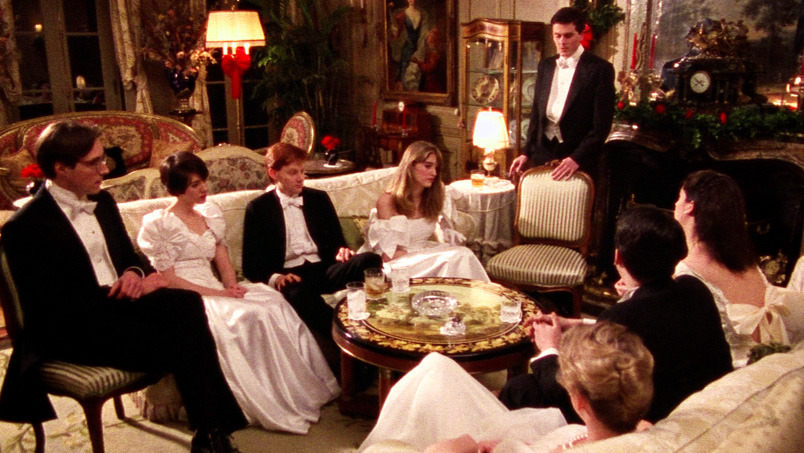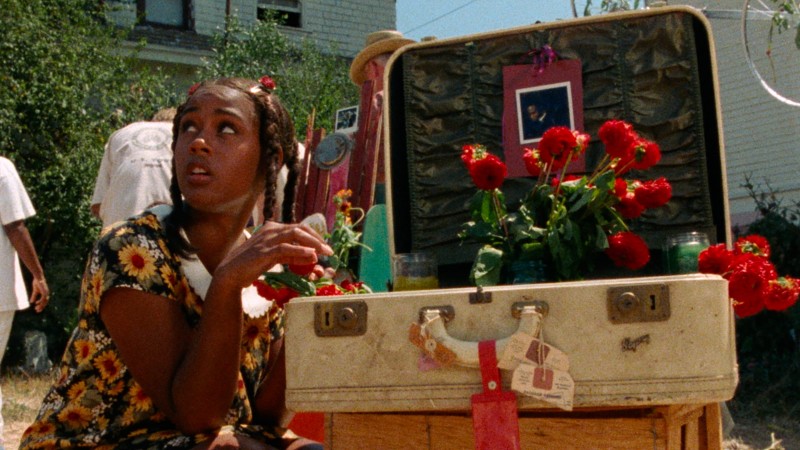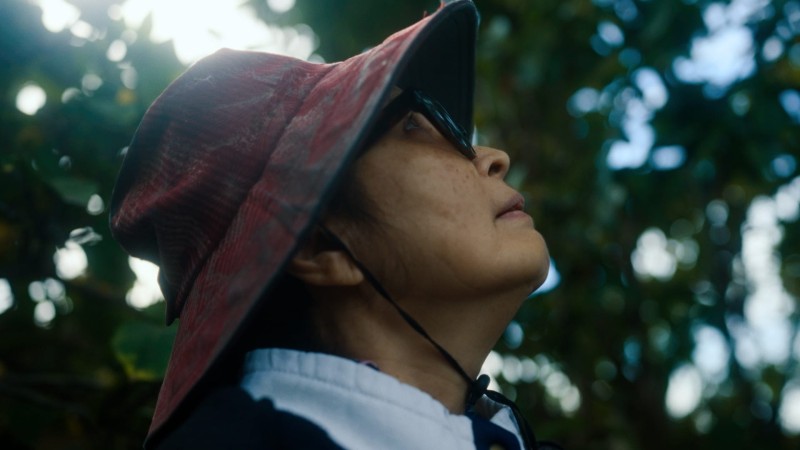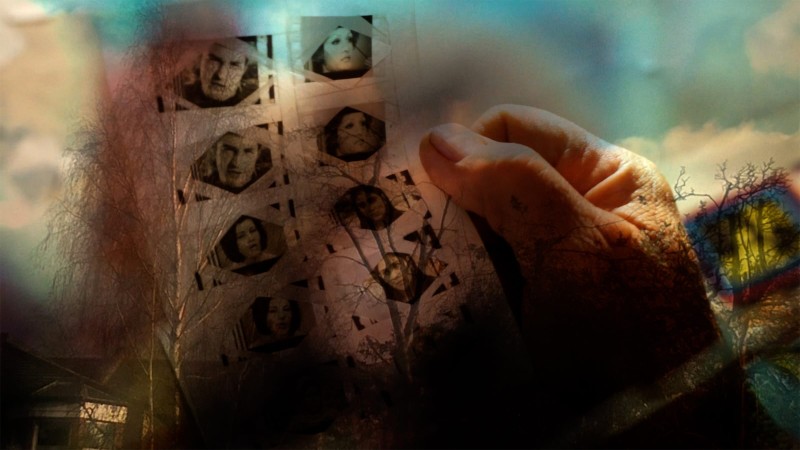Talking with Whit Stillman about His Places of the Past

This week, we released writer-director Whit Stillman’s early-career trio of films about the 1980s, including Metropolitan (his directorial debut), The Last Days of Disco, and Barcelona. These three films, rich with witty dialogue and literary references and inspired by Stillman’s own coming of age, explore different facets of 1980s culture—from collegiate Manhattan debutante balls to the darker side of the waning disco era to the life of an expat in a time of tense anti-Americanism. Recently, I had the chance to speak with Stillman about his trilogy, his new film Love & Friendship (based on the Jane Austen novella “Lady Susan”), and the filmmaker’s work of capturing the past.
The majority of your films take place in bygone eras, whether that’s Metropolitan’s “not so long ago,” or the late eighteenth century as in this film. Do you feel a strong connection to the past, and does that play into your work as a writer and filmmaker?
As a writer, talking about the past is a sort of creative necessity, I find, if you want to have certain material that you have perspective on. It’s much more interesting to have things happening in the past. I can deal with memory—and things get more dramatic and romantic—and you can reconstitute elements of the past with that helpful filter.

It’s not a big research deal to remember, in my own life, what 1981 was like. For costumes and stuff like that we remind ourselves what was available and we stylize things—so we don’t make it look as bad as it could look. With The Last Days of Disco we went back to the fashion magazines of 1979 to 1982 and found the things we liked and the things that looked good to our eyes. It’s a lot easier, I think, doing the 1790s than doing the early 1980s. For [Love & Friendship], we were set up in Ireland, which is a great backlot for period films; they have the whole expertise and support structure. You get a beautiful country house—the English aristocracy from the eighteenth century were building beautiful houses there—and you call the carriage company and you put the period costumes on those people, and they look just like coachmen from the 1790s—so you’re home safe.
When doing a film in New York City in a period eighteen years before, it’s hard. I don’t want to have that kind of fake, claustrophobic, hermetic period where they shut down a street or two streets, and then you just redo everything in the street. I prefer that you see the city in the background and you have to trick it and not be too worried that some little element in the distant background that’s not quite right is going to get in. For The Last Days of Disco, we had big trucks that were period and a lot of cars that were period in the foreground, and we tried to block whatever we didn’t want to see.
There was only one shot where we really got busted. We were doing this beautiful shot of Chloë coming out of her walk of shame after the sexiness of Scrooge McDuck leads her into the bedroom of Robert Sean Leonard, and it’s the next morning at dawn, and she’s walking out of his town-house apartment building on a street in the East Nineties; it’s a beautiful shot, and she’s crossing the street heading toward Fifth avenue. We couldn’t close off Fifth Avenue, so two wrong-model cars passed through, but that’s the only dramatic time there’s something out of period that’s pretty visible. The costume person, Sarah Edwards, has had a great career since then; it was one of her first big jobs, and she’s done sensational work. She would do things like find a trove of suits that were from that period, and they’d look new, so she found new clothes from the period.

Yes, even more so, I would say. I had a really great college experience with a wonderful teacher who wrote biographies of John Keats and Dr. Samuel Johnson. He had a course in college called The Age of Johnson and he brought to life eighteenth-century literature—and Jane Austen is kind of the expression, in fiction, of the point of view of Samuel Johnson, so it ties into life-long interests and the people I admire and perspective I admire.
And were there any particular authors you drew on for your earlier movies, which reflect a more contemporary literary tradition?
One thing that’s been helpful to me and to other people is that J. D. Salinger generally did not allow his stories and novels to be filmed. So I think that both Wes Anderson and I have kind of had the freedom to do our own J. D. Salinger stories. I remember when the Castle Rock people saw the debate about Salinger in The Last Days of Disco, they said, “Well, there goes a couple hundred thousand in box office,” thinking this kind of arcane conversation in the middle of the film would put a lot of people in the wider audience off.

I know, so it’s a trade-off. I always know when our films come out that there will be people who won’t get into them and will get drowned out by them. But then over time things recover. But I never do anything to pander to what people want, because I think in the long term it’s better to do whatever you think is best and hope some audience will come around at some point.
What was it like reuniting with Chloë Sevigny and Kate Beckinsale seventeen years after The Last Days of Disco?
They were now in reverse position, because in Disco, Kate was struggling with the American accent, so she was sort of studying Chloë. And then in this case, I've been through this before when someone is known not to be from the country where they have the accent from, and no matter how great a job they do, there will always be people worrying about it. I had this experience in Disco when there was a character with a fake British accent, and it was revealed throughout the course of movie that it was a fake British accent. So early on I thought, let’s not do that, it might be really interesting to have the character be a Connecticut girl in exile. So it meant that Chloë didn’t have to do all that struggle that Kate had to do with Disco, which actually established her well as someone who can play American.

I think it’s actually gone back to the way it was. There was a period when people had a lot of optimism about indie films as a business and a lot of money came into it. And then it became part of the conventional business of, oh you have to do star casting, you have to do presales, all this kind of stuff, and then it all collapsed. So I don’t fly very well when people think it’s a boom business and commercial, it’s just not going to work. In a way it got better by having to go back to low-cost, low-budget, truly indie style. I think the mumblecore people, the guys and girls of mumblecore, really did us a huge favor by showing us that you could have a whole kind of wave of films made for not very much with total freedom that were good. The way we were able to make Damsels in Distress was a little bit on the back of the mumblecore wave, because a lot of people who run our crew were coming out of smaller films, and we could do it for a really reasonable cost, and Greta Gerwig also came out of that world. So that was good.






